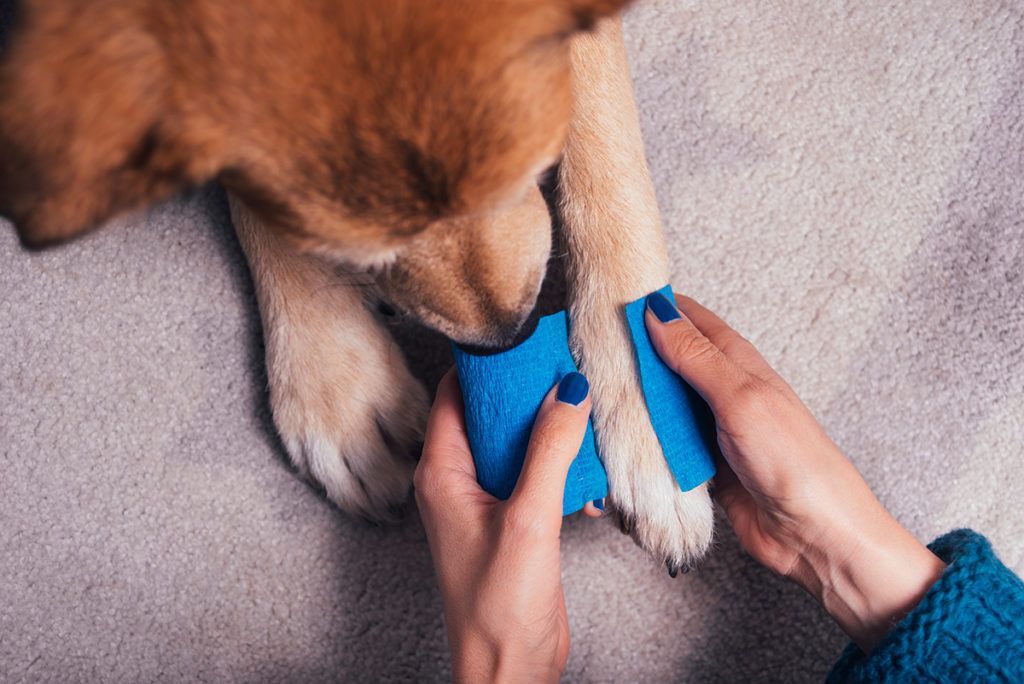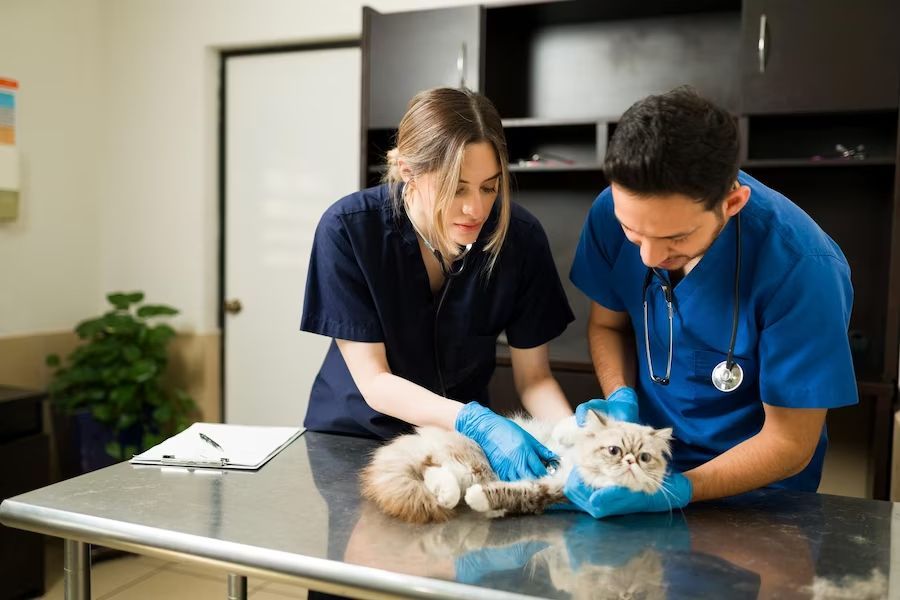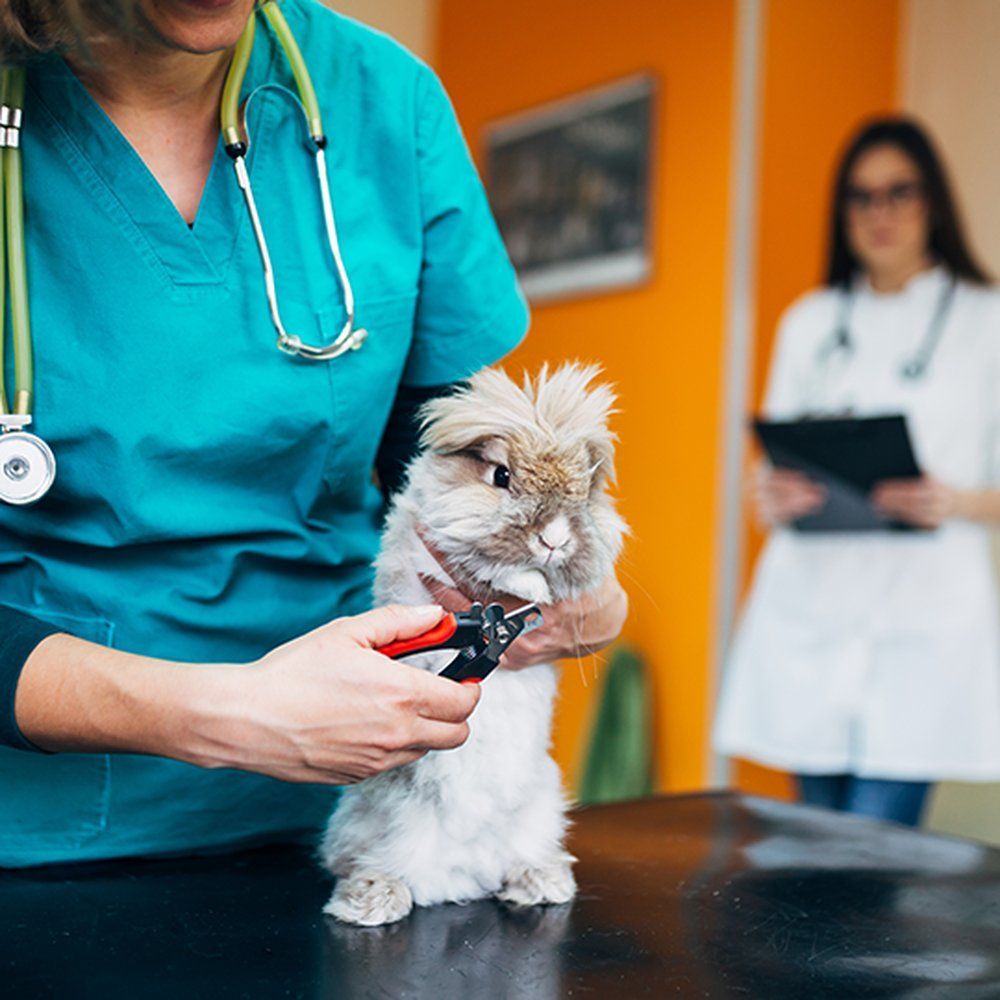What You Need to Know about Dog Ear Infection
Do you have a dog? Have they ever had an ear infection? Do you know how to recognize ear infections in dogs and what to do about them when they occur?
Ear infections are common problems in many dogs. As a pet owner, learning how to recognize and respond to canine ear infections can help improve the overall health and wellness of your dog. Read through the information in the article below to find out more about dog ear infections and to brush up on everything you need to know about this common ailment.
Symptoms
Listed below are some of the most common symptoms for this condition:
Head Shaking
The most common symptom of ear infection in dogs is head shaking. If your dog’s ear is hurting or is full of inflammation, she will likely try to tilt and shake her head to relieve the pressure and pain this is causing.
Pawing at the Ears
Your dog may also paw at their ear or obsessively scratch at it, even to the point of causing trauma. Both of these behaviors can potentially worsen the condition, however, so try to prevent them from doing this whenever possible.
Defensive Behavior
Dogs with ear infections may become guarded and defensive when someone tries to touch the affected ear. Ear infections can quickly cause irritability and behavioral changes in some dogs.
Swelling of the Ear
In some cases, your dog’s ear infection may be so severe that you can see the swelling from the outside. Their ear may become very large and swollen, red, and tender to the touch in this situation. The infected ear may also have discharge such as fluid, brown or black wax, pus, or even blood depending on the severity of the ear infection.
Main Causes
Listed below are the main causes of ear infections in dogs:
Getting Water in Ears
One of the most common causes of ear infections in dogs is swimming or bathing. Any time a dog is in the water, it may risk getting water in the ears. This causes a warm and moist environment where bacteria love to grow! When this happens, ear infection typically occurs.
Weakened Immune System
Some canine ear infections are also caused by an immune system that has become weakened due to another illness. If your dog has a existing infection, a chronic health problem, or any type of illness or disease, ear infections may be more common.
Treatment Options
Listed below are treatment options for this condition:
Ear Drops
Typically, vets will prescribe ear drops to help your dog recover from an ear infection. They may be antibiotic or anti-fungal ear drops if the cause of the infection is a bacterial or fungal one. Your vet will test your dog’s ears to determine which is most appropriate. Your dog may be given pain relieving medications as well. You will need to learn how to properly give your dog these medications as instructed by your veterinarian.. Your vet may also recommend you frequently clean out your dog’s ears following an ear infection as part of the treatment plan.
Oral Antibiotics or Steroids
Additionally, dogs are sometimes given a round of oral antibiotics or antifungals to help clear up ear infections. If your dog’s ear infection is causing a profound amount of inflammation, your veterinarian may also prescribe a short course of oral steroids to help. . If your dog is given oral medications, your vet will help you learn the best way to give them and what to expect from your pet while they’re taking them. With proper treatment, ear infections clear up within a couple of weeks in most situations.
Elizabethan Collar aka E-collar or Cone of Shame
In all ear infection cases, it is very important for your dog to wear an e-collar. This will help prevent your dog from scratching or rubbing at their ears. If your dog is allowed to scratch or rub at their ears, they will make the pain and inflammation from the infection worse. E-collars can be frustrating to keep on your dog, but they are just as important as the medications to help get rid of ear infections.
Seek Veterinary Care for Dog Ear Infections
Ear infections will often start off small and can quickly progress to serious situations. By seeking veterinary care as soon as you notice these signs, you can get them treated quickly and prevent any additional pain for your pup.
Be sure to follow any advice and guidance that comes from your vet with regard to your dog’s ear infections. If you are given ear drops or oral medications for your dog, use them properly and make sure to finish the prescribed amount.. This is the best way to help your dog fight off the ear infection fully.
For more information on dog ear infections, contact a 24/7 Local veterinarian by calling one of our locations. All of our locations are open 24/7, with emergency veterinarians on staff who are ready to answer any questions you have regarding your pet’s health. With our team, you can rest assured that your dog will always get the care they need.
Contact with your local vet for the best advise
Resource Center









